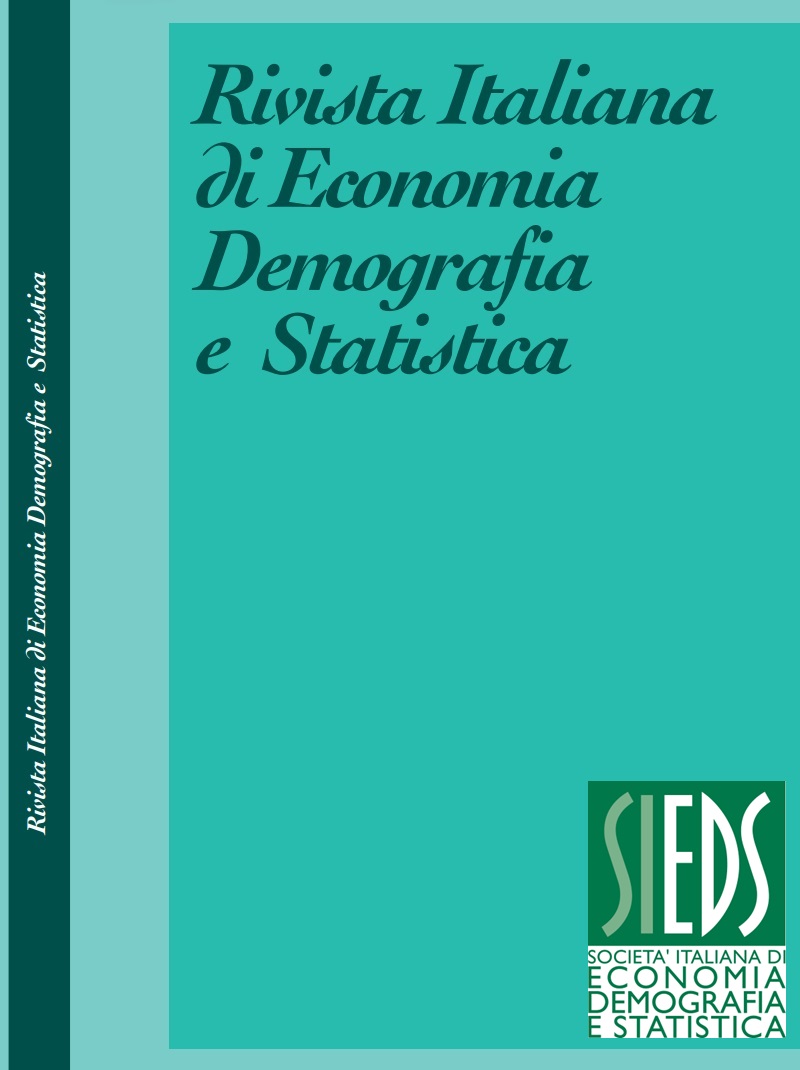Social Indicators to measure the well-being of the population. Benchmarking countries
Abstract
The issue of the inadequacy of GDP as an indicator of sustainable economic well-being has been the subject of political and economic debate for years. The most relevant literature on the subject focuses on the correlation between GDP and the main elements of human development. Amromin (2018), Ostry et al. (2014) argue that a high degree of equity facilitates GDP growth in the long term, on the other hand, Maibom and Andersen (2016) affirm that uncontrolled and rapid GDP growth causes inequalities and inequities. In this work, a selection of summary measures used in literature was considered to compare: the Human Development Index (HDI), which aims to go beyond the concept of economic growth and GDP, to allow the social field to be integrated with the economic dimension by evaluating three factors: longevity, level of education and quality of life standard; the Better Life Index, made up of 11 indicators, gives importance to the concept of “sustainability of well-being”; the Genuine Progress Indicator (GPI) measures the increase in quality of life by taking into account the production of goods and services that do not originate a market transaction, such as volunteering, domestic work and thus balancing the value of private consumption by considering inequalities in the distribution of income. GDP, in fact, indicating the growth of a country in quantitative terms, is not very consistent with the concept of “sustainable economic well-being” that has qualitative nature, so we need a set of indicators that take into account social and environmental factors. In this context, the objective of this work has been to explain how the logic of strict measurement of GDP has been abandoned through the determination of aggregated welfare indices.
Downloads
Published
Issue
Section
License
Copyright (c) 2021 Vincenzo Marinello, Guglielmo L.M. Dinicolò, Chiara Di Puma

This work is licensed under a Creative Commons Attribution 4.0 International License.



